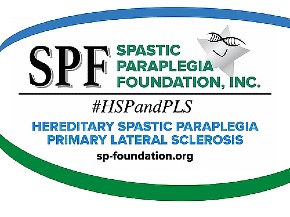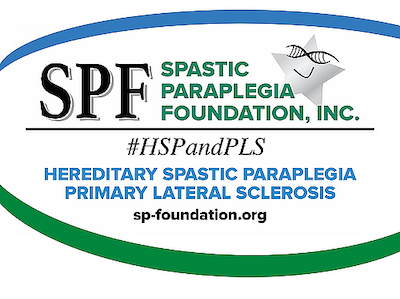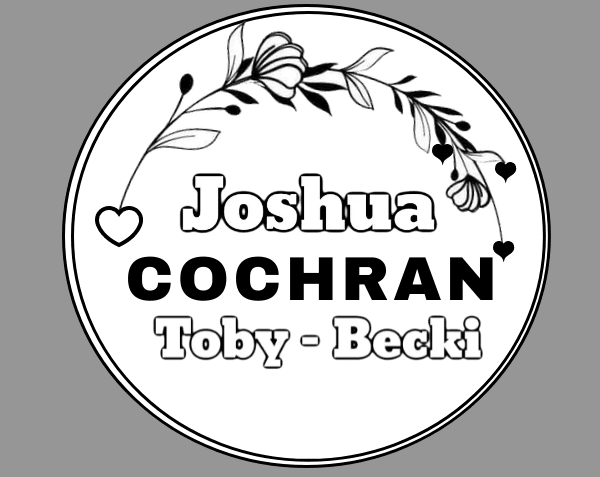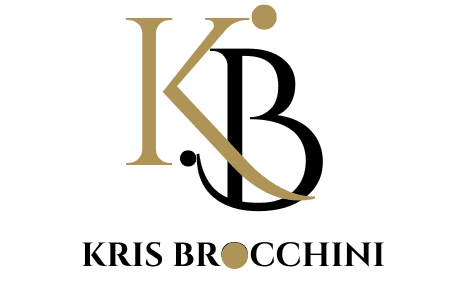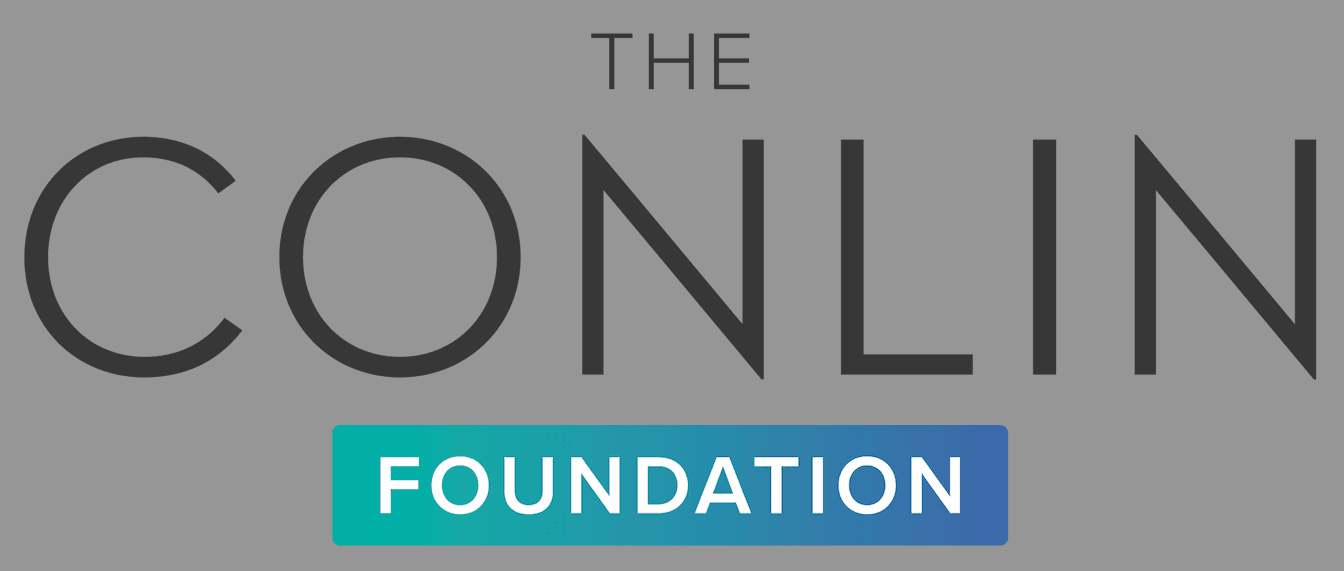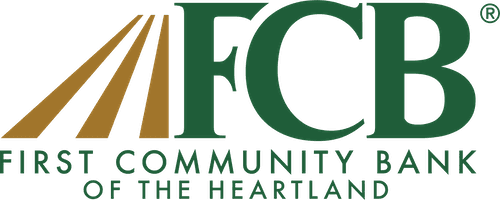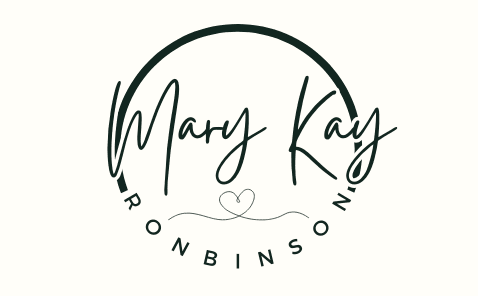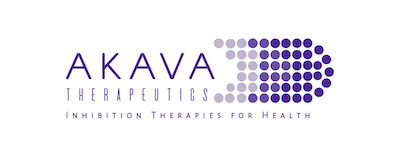Biogen said Thursday it will pay more than $1 billion to the biotech firm Denali for rights to a Parkinson’s drug based on an approach that was nearly abandoned by several major pharmaceutical firms in recent years but that has since shown potential to help treat the disease. The deal also includes rights to a Denali technology for delivering medicines to the brain.
“This is a major milestone,” said Ryan Watts, Denali’s CEO and co-founder. He said the company had “the firepower to do very thorough science and drug development,” which meant that it also had the wherewithal to previously move beyond the failure of other promising programs.
Under the terms of the deal — which does not include Denali’s flagship asset, a drug for Hunter syndrome — Biogen will pay Denali $560 million and purchase $465 million to purchase stock equivalent to 11.2% of Denali’s outstanding shares. If the Parkinson’s drugs meet unspecified development and commercial goals, Denali could receive up to $1.125 billion more.
ADVERTISEMENT
SPONSOR CONTENT
Helping to address treatment needs in relapsing forms of MS
Learn more about a new oral treatment option that may address unmet multiple sclerosis patient needs.
Biogen and Denali will split costs and profits evenly in the U.S. In China, Biogen will receive 60% of profits. Outside the U.S. and China, Biogen will pay 60% of development costs, and Denali will be paid royalties.
Analyst Paul Matteis, who said in a note to investors that his team had previously been skeptical about the Parkinson’s drugs, called the deal validating. It more than doubles the amount of money that Denali has raised since it was founded five years ago.
Denali launched with more than $200 million from private investors including Robert Nelsen of ARCH Venture Partners, who is known for outsize investments. It also had legendary Genentech drug researcher Marc Tessier-Lavigne, now president of Stanford, as chairman. (Another well-known biotech executive, Vicki Sato, has since taken over that role.)
Watts came from Genentech, where he had been working on neurological targets, including Alzheimer’s drugs and the type of Parkinson’s drug known as a LRRK2 (pronounced “lark 2”) inhibitor, the therapy being licensed to Biogen.
LRRK2, discovered in 2004, seemed enormously promising because mutations in it seem to cause Parkinson’s in a small percentage of patients with the disease. One carrier was Google co-founder Sergey Brin, who supported research into the gene and the disease. Watts had been working on it since 2006.
But the LRRK2 story was almost over before it began. In animal tests, Genentech, Merck, and GlaxoSmithKline all found that their experimental LRRK2 drugs seemed to cause lung issues. The Michael J. Fox Foundation helped put together a collaboration between the companies that found a way forward for the drugs.
Watts said that seeing the first patient receive a LRRK2 drug, and seeing blood test data that seemed to indicate the company’s hypotheses about the medicine were holding up, was one of the “most rewarding” moments in his career.
In July 2018, research published in Science Translational Medicine showed that LRRK2 drugs might benefit not only the 3% or so of patients who have a mutation in the gene, but other Parkinson’s patients as well. “Their potential market just increased 30-fold,” J. Timothy Greenamyre, a neurologist and Parkinson’s expert at the University of Pittsburgh and senior author of that study, told STAT at the time.
Carole Ho, Denali’s chief medical officer, said that the company will plan two sets of trials on the drug: one in patients with the specific LRRK2 mutation, and one in patients without. The studies have not yet been designed. As part of negotiating the deal, Biogen has seen data that are not in the public domain, she said.
The other part of the deal is Denali’s technology for getting protein drugs through the blood-brain barrier, outlined in Science Translational Medicine in June. Denali is using the technology in Hunter syndrome, an enzyme disorder in which sugars build up in the body and stall physical and mental development. Some early data will be available soon.
Biogen is licensing the right to use that delivery technology in Alzheimer’s, for a drug that targets the protein beta-amyloid, and in one other drug program. It will also have the right of first negotiation for two other uses of the delivery tech.
Beta-amyloid has become a highly controversial target after many drugs targeting it have failed to show a definitive benefit. Biogen is seeking approval from the Food and Drug Administration of its own amyloid-targeting drug, aducanumab. Watts is a believer that, eventually, medicines targeting amyloid will be effective.
“Genetically, I think the amyloid hypothesis is proven,” Watts said. “And as you point out, pharmacologically, in terms of the ability to invent medicines to modulate this pathway, it’s been extremely challenging.”
Denali’s technology could result in far more potent medicines. “It’s a worthy effort to basically invent a technology that will increase exposure of antibodies by as much as 20-fold,” he said.
